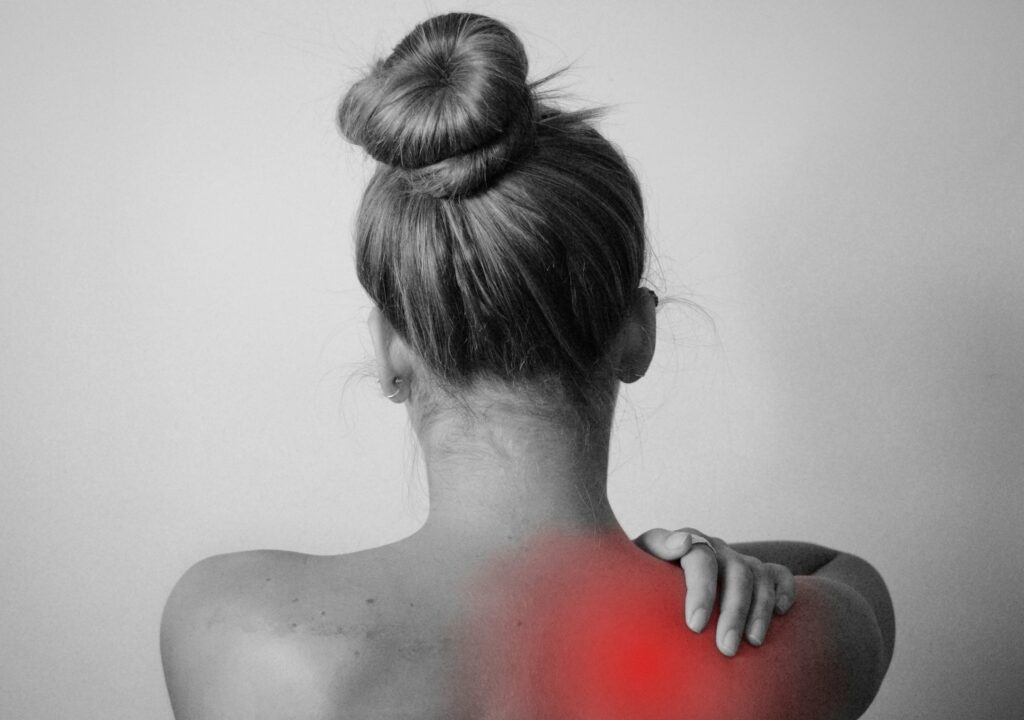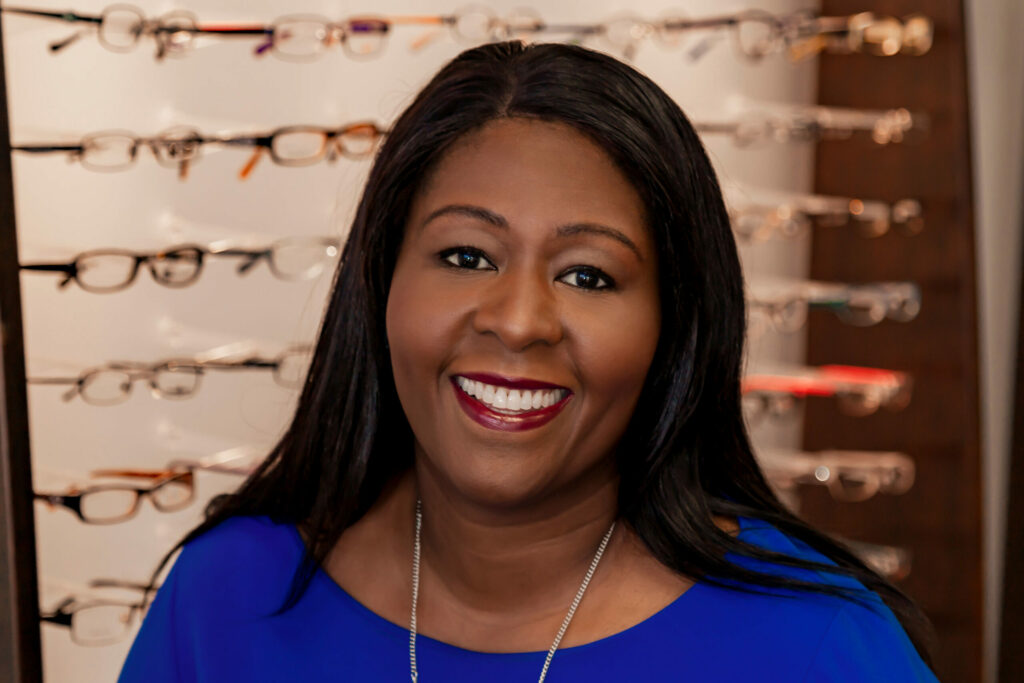How to Deal with Trauma and Pain: A Guide for Women ODs

As a woman optometrist (OD), you face unique challenges every day. From balancing professional demands to maintaining a personal life, it’s easy to find yourself overwhelmed. But what happens when life throws more at you—when you experience trauma, pain, or emotional hardships? Whether it’s personal loss, workplace stress, or a traumatic experience, knowing how to manage these feelings is crucial for your well-being.
Trauma and pain are inevitable parts of life, but they don’t have to define you. Instead, with the right tools, support, and mindset, you can learn to heal, grow, and thrive in the face of adversity.
Understanding Trauma and Pain
Before diving into strategies, it’s important to understand that trauma affects everyone differently. Some may face traumatic experiences in their personal lives, like the loss of a loved one or an abusive relationship, while others experience professional traumas, such as a career setback or work-related burnout. No matter what kind of trauma you face, it’s essential to acknowledge and process these emotions.
As Dr. Henry Cloud explains in his book Changes That Heal, healing requires addressing both the emotional and psychological effects of trauma. He suggests that healing begins with understanding the root causes of pain and developing strategies to deal with it, both personally and with the help of others. The healing process is not linear, but it can lead to personal growth, resilience, and emotional freedom.
3 Steps to Healing from Trauma and Pain
1. Acknowledge and Validate Your Feelings
The first step in dealing with trauma and pain is acknowledging your emotions. Society often pressures women to be “strong” and “hold it all together,” but ignoring your feelings only prolongs your suffering. Dr. Henry Cloud emphasizes the importance of embracing and validating your feelings as part of the healing process.
Example: Imagine a woman OD who experiences extreme burnout due to the pressures of running her practice. She constantly dismisses her feelings, convincing herself she has to “tough it out” for her patients and staff. By ignoring her emotional needs, she spirals further into exhaustion. In this situation, the most important step is acknowledging that burnout is real, that it’s okay to feel overwhelmed, and that she deserves self-compassion.
Inspirational Quote:
“Healing doesn’t mean the damage never existed. It means the damage no longer controls our lives.” — Akshay Dubey
2. Seek Support and Build a Healing Community
Healing doesn’t happen in isolation. Dr. Cloud, in Changes That Heal, emphasizes the importance of community in overcoming trauma. Surrounding yourself with people who understand, support, and encourage you is essential in navigating emotional hardships.
This is where the Optometry Divas community comes in. Connecting with like-minded women who face similar challenges creates a support system that empowers you to heal and grow. Whether it’s through online discussions, mastermind groups, or local meet-ups, being part of a community fosters a sense of belonging and mutual support.
Example: A woman OD facing personal trauma, such as a divorce, may feel isolated in her pain. However, by sharing her story within the Optometry Divas community, she finds comfort in knowing that others have experienced similar struggles and can offer advice, empathy, and encouragement.
Inspirational Quote:
“Alone, we can do so little; together, we can do so much.” — Helen Keller
3. Embrace Growth and Change
Trauma often brings about significant changes in our lives—sometimes expected, sometimes not. But it’s in these moments of change that we find the greatest opportunity for growth. As Dr. Cloud points out, painful experiences can become the foundation for positive transformation if we choose to see them as opportunities for growth.
By embracing change rather than resisting it, you can transform your pain into a path toward emotional resilience, self-discovery, and personal empowerment. This doesn’t mean rushing the process or forcing yourself to “get over” your trauma, but rather allowing yourself the space to learn and evolve at your own pace.
Example: After experiencing a professional setback, such as losing a key staff member or dealing with a practice-related crisis, you can choose to see it as an opportunity to learn new leadership skills or restructure your practice in a way that better aligns with your long-term vision.
Inspirational Quote:
“The only way to make sense out of change is to plunge into it, move with it, and join the dance.” — Alan Watts
Key Takeaways from Changes That Heal by Dr. Henry Cloud and Other Inspirational Authors:
- Embrace Vulnerability: Healing from trauma requires embracing vulnerability, which allows you to connect with others and receive the support you need.
- Find Safe Relationships: Surround yourself with supportive relationships that provide emotional safety and growth opportunities.
- Set Boundaries: Protect yourself from further harm by setting healthy boundaries with people, work, and commitments that may negatively affect your well-being.
- Growth Through Pain: Painful experiences can become transformative if you allow them to foster personal and emotional growth.
- Seek Professional Help: Don’t hesitate to seek therapy or counseling when necessary. Professional guidance can help you better understand your emotions and develop coping mechanisms.
Call to Action: Join the Optometry Divas Community
Are you struggling to cope with trauma, pain, or emotional stress? The Optometry Divas Community is here to help you navigate these challenges with the support of like-minded women ODs who understand the demands of the profession. We believe in the power of community and emotional resilience, and we’re here to empower, connect, and promote each other’s success.
Join the Optometry Divas Community today to gain access to our support networks, resources, and tools designed to help you heal, grow, and thrive in your personal and professional life. Together, we can overcome any obstacle and emerge stronger than ever.
Click HERE to join our community today!
Final Thoughts
Dealing with trauma and pain is never easy, but with the right mindset, community support, and resources, you can transform your struggles into opportunities for growth. Remember that healing is a journey, and it’s okay to ask for help along the way. As you continue to embrace your healing process, know that you are not alone—your fellow women ODs in the Optometry Divas community are here to support you.
Inspirational Quote:
“Out of suffering have emerged the strongest souls; the most massive characters are seared with scars.” — Kahlil Gibran
Disclaimer: The content of this blog is for informational purposes only and is not intended to replace professional medical advice, diagnosis, or treatment. Please consult a licensed healthcare professional for personalized advice or support with your specific condition.





